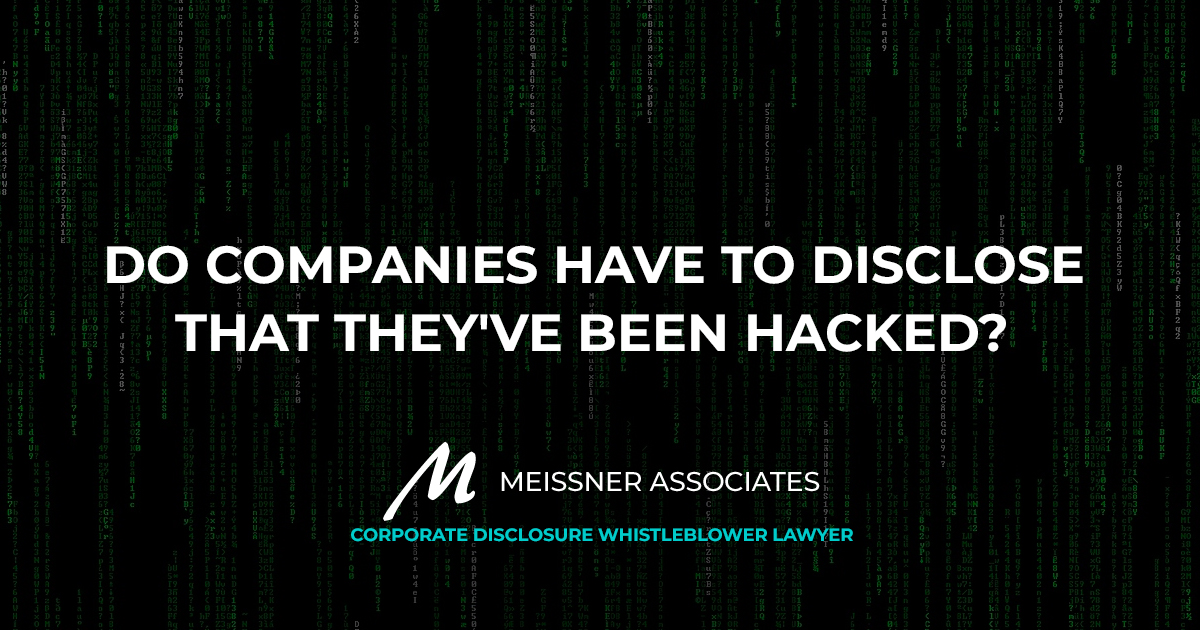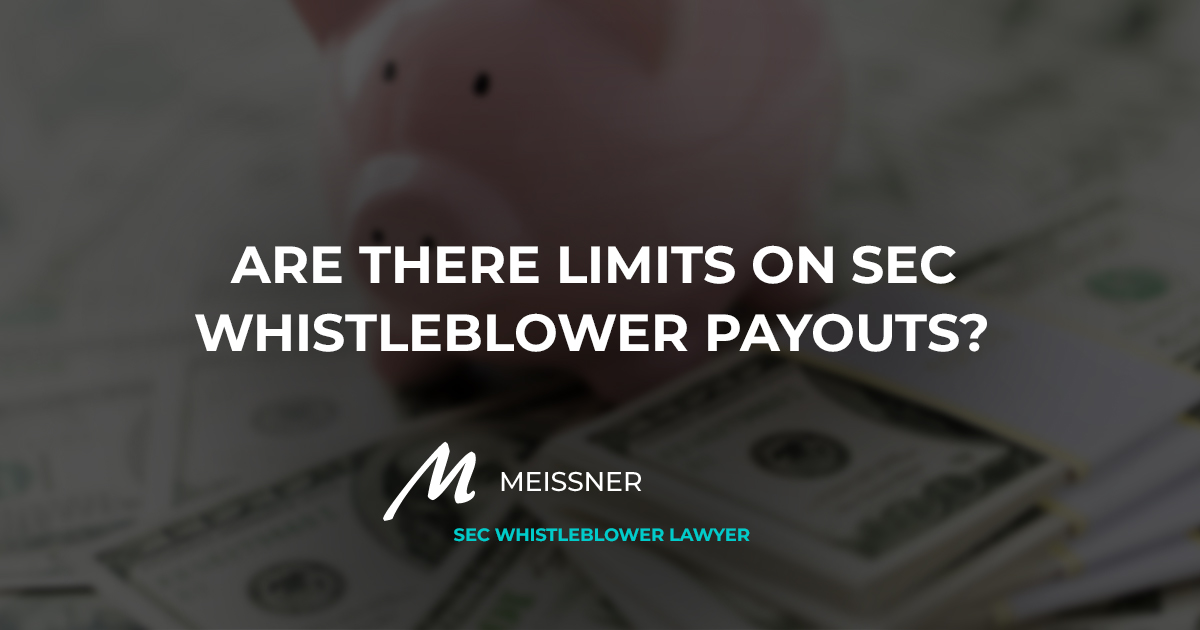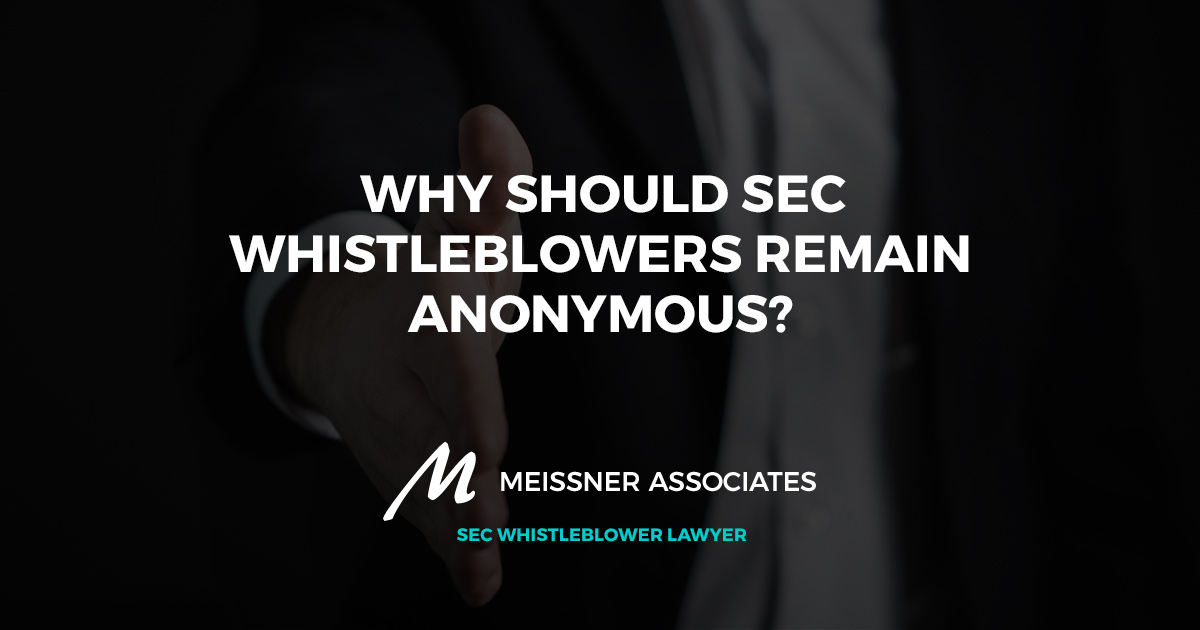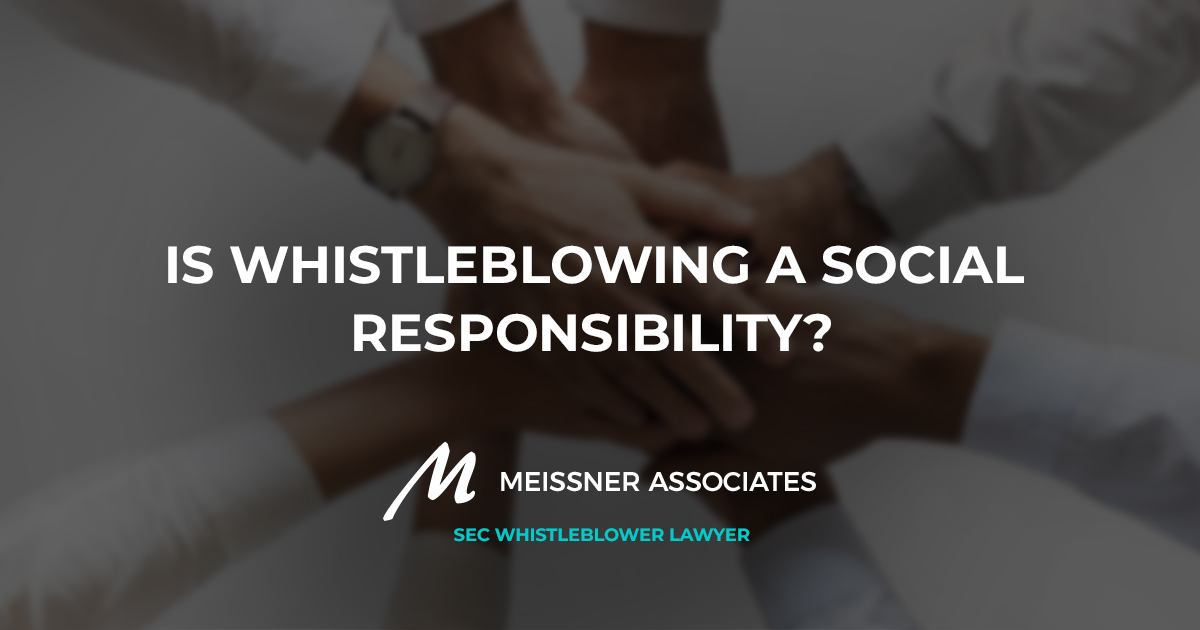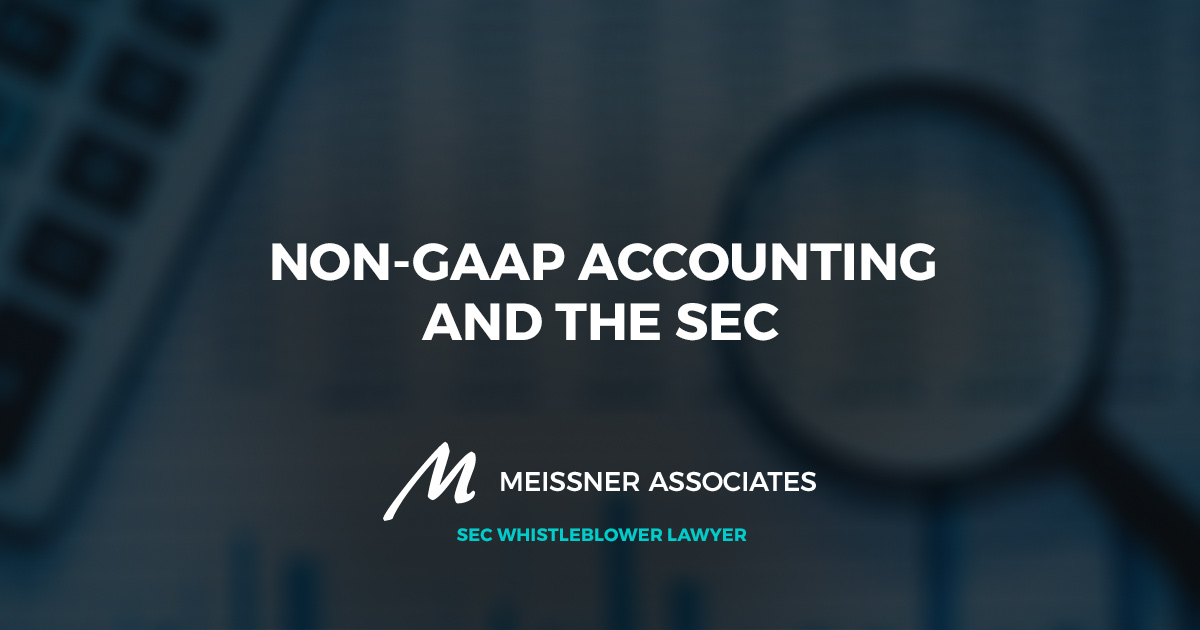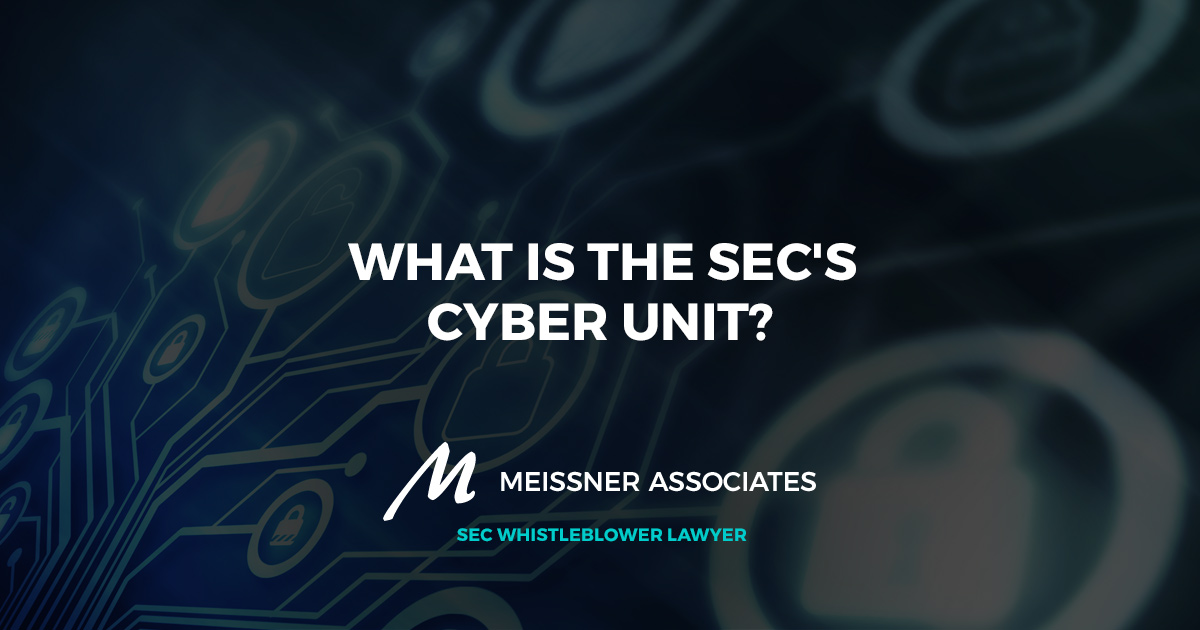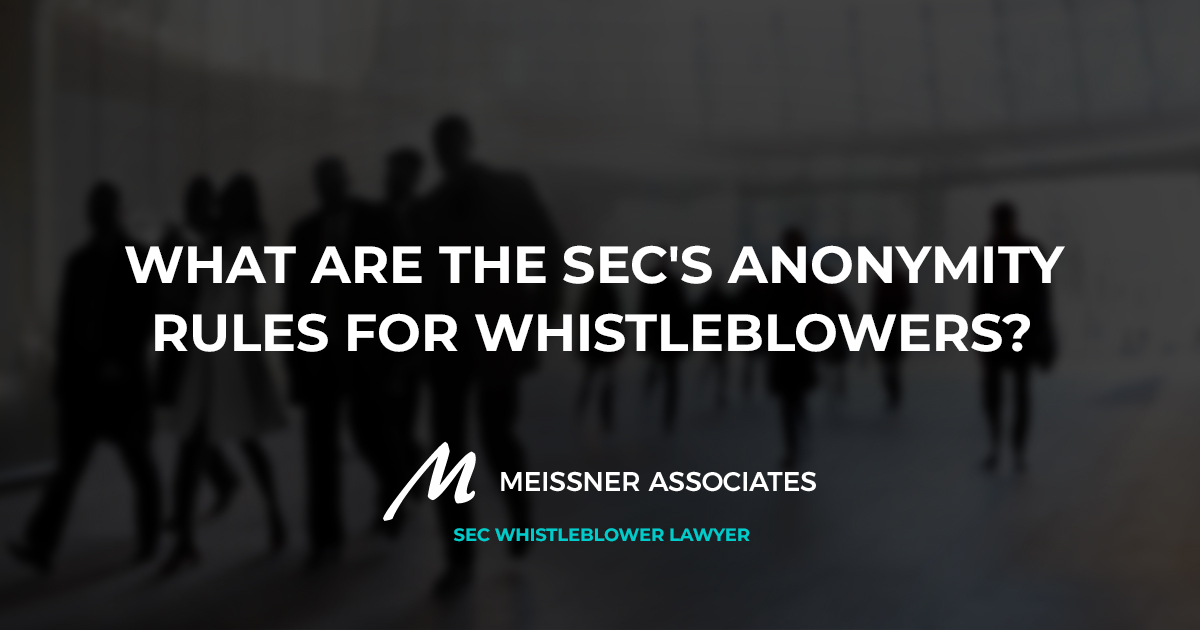When an individual discovers information about a possible securities fraud or investment scheme, it can put them in a tough situation. Do you risk it all and report your tip to the U.S. Securities and Exchange Commission (SEC)? Do you keep quiet and become complicit in the schemes?
Making the decision to blow the whistle isn’t an easy one, but the SEC recognizes this and therefore offers whistleblower awards to those who help put a stop to investment fraud and securities violations.
Before you can win a whistleblower reward, however, you need to meet certain requirements, and just because you tip off the SEC doesn’t mean you’re entitled to such an award. Continue reading to learn more about the whistleblower award requirements and how you can potentially increase the amount of your award.
What You Need to Do to Qualify for a Whistleblower Award
It isn’t enough to simply report a tip to the SEC to win an award. There are strict criteria that you’ll need to meet in order to qualify. First, you need to be the first whistleblower to come forward with that specific piece of information. The information you have must have been obtained through a non-public source, such as internal documents or perhaps through rumors at work.
For this reason, as soon as you become aware of a possible securities violation, you should reach out to your SEC whistleblower lawyer to report your tip. Otherwise, a colleague might have the opportunity to report before you, which will result in your disqualification for a whistleblower reward.
Additionally, the information you present to the SEC must enable them to take enforceable action against the alleged fraudster or corporation. Then, the SEC needs to be able to recover sanctions of at least $1 million. As long as each of these requirements are met, you should be entitled to a whistleblower award.
Providing Valuable Information
You might be wondering how much you should expect to be awarded once you meet the eligibility requirements. There are many factors that come into play when figuring out how much you’re entitled to, but it will nearly always fall between 10 percent and 30 percent of the amount of sanctions recovered by the SEC.
If you are hoping to increase the amount of your whistleblower award, the best thing that you can do is to make sure to provide as much detailed information as possible when reporting your tip.
If you are able to safely obtain confidential documents, financial statements, or other evidence that proves a securities violation, the SEC will consider your tip to be incredibly valuable and instrumental in their ability to put a stop to the fraud at hand. The more valuable your tip is, the greater your award will be.
Consult an SEC Whistleblower Lawyer
When you discover evidence that suggests an investment scheme or other securities violation is taking place, you can tip off the SEC and possibly earn a reward for blowing the whistle.
Work with an experienced SEC whistleblower lawyer at Meissner Associates to protect your identity and maximize the amount of your award. You can schedule your confidential tip evaluation by giving our office a call at 1-866-764-3100 or filling out the secure contact form at the bottom of this page.
